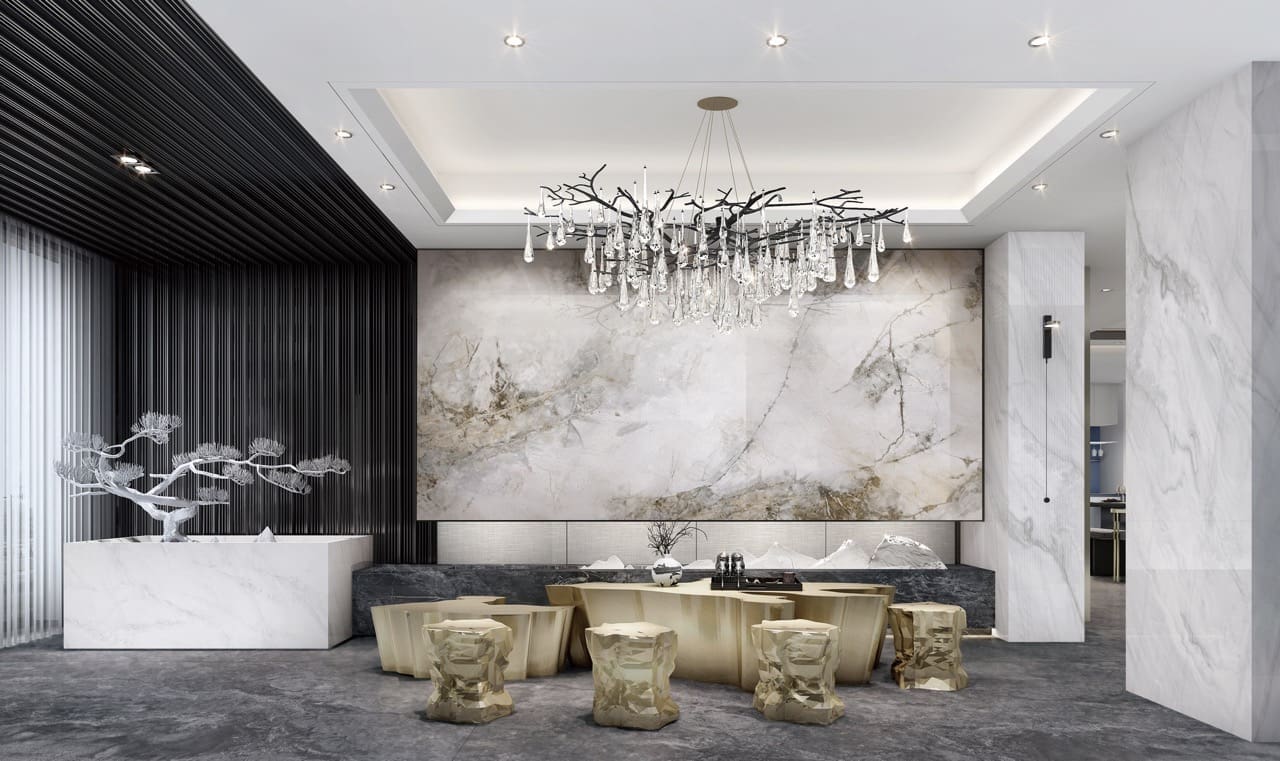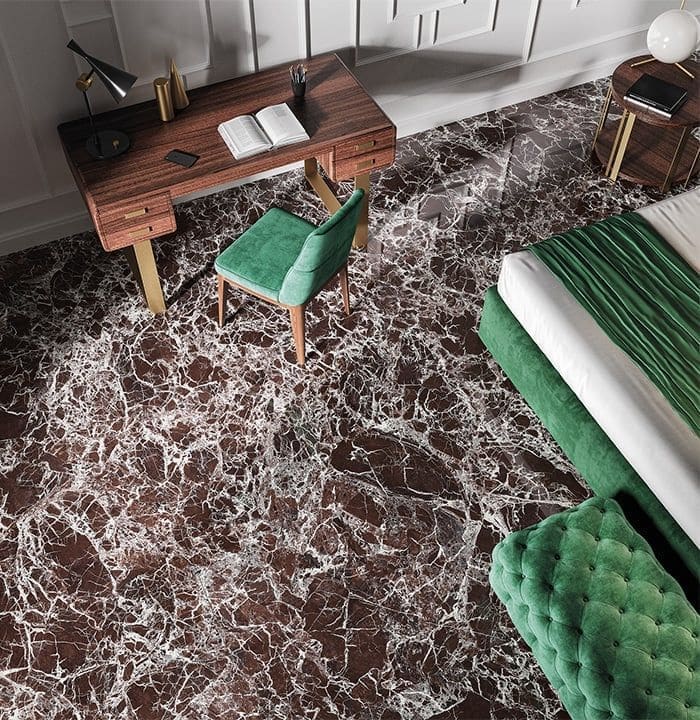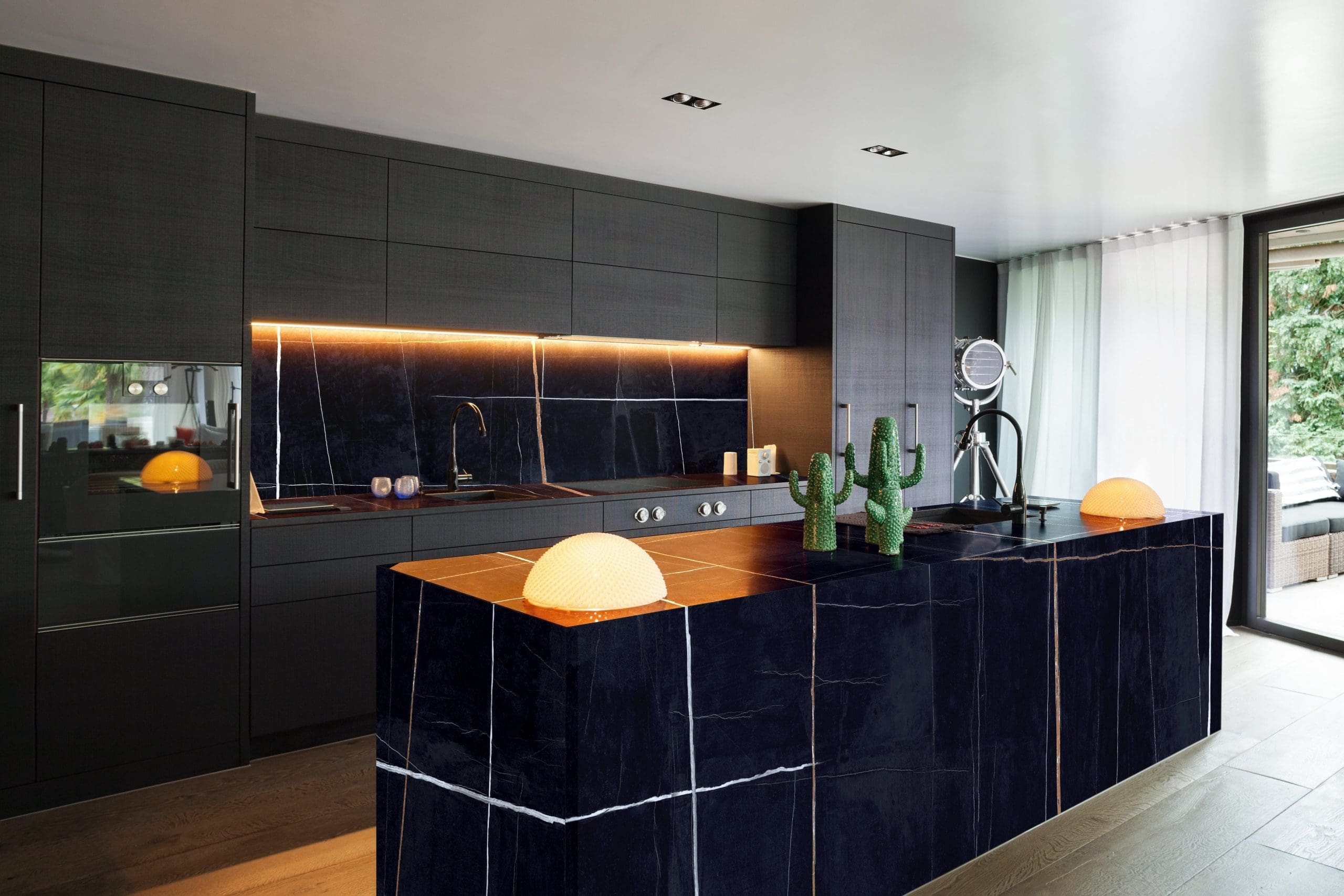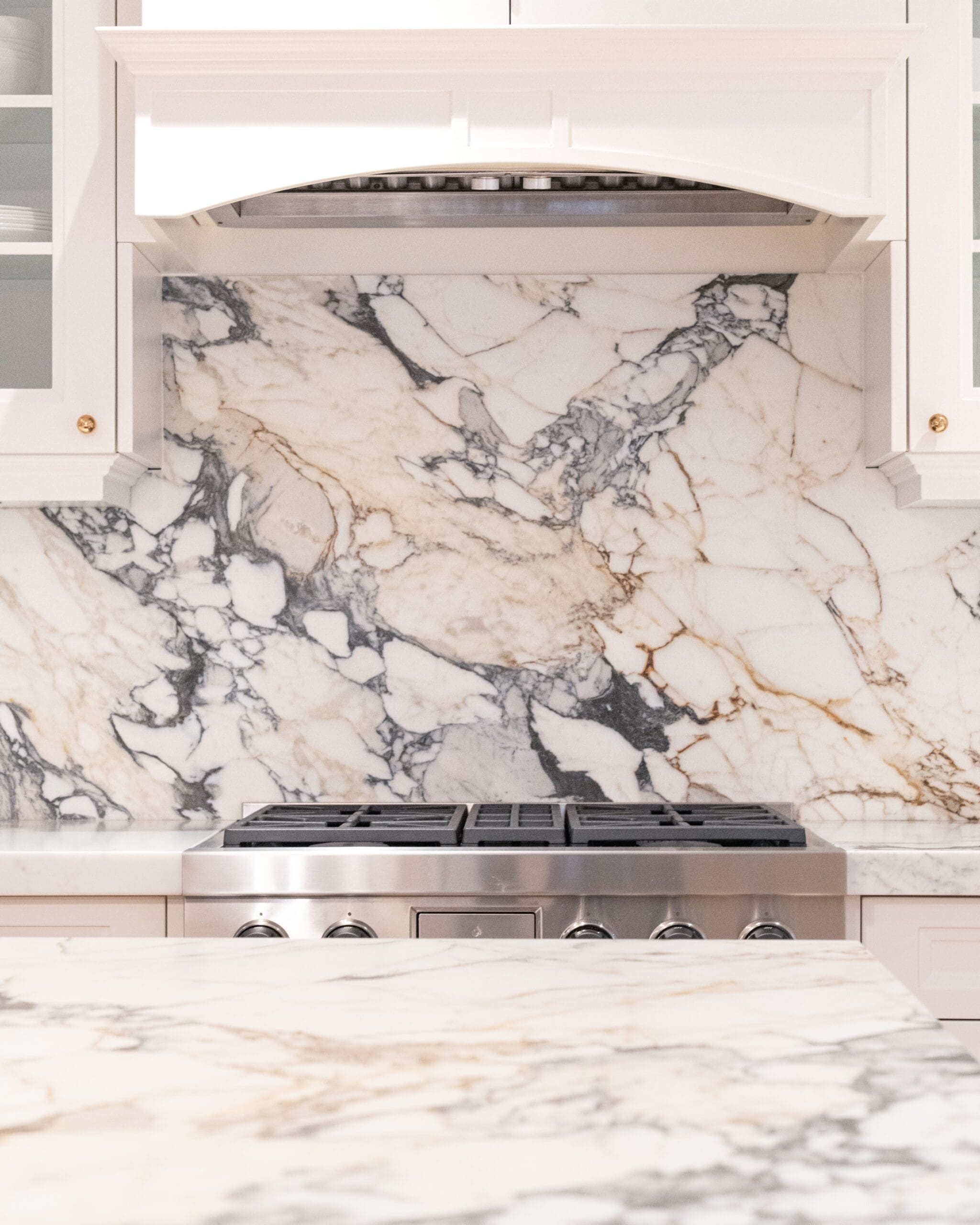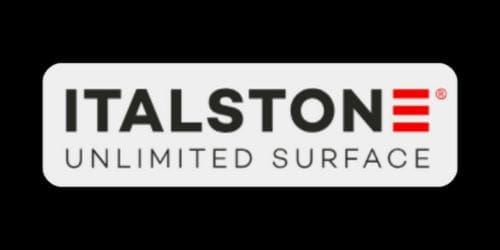Gray Quartzite Countertops
Gray quartzite countertops are favored for their elegant look and durability. Available in various shades and patterns, they can easily match diverse design preferences.
Gray quartzite countertops combine beauty, strength, and versatility, making them ideal for many applications. They add aesthetic and functional value to kitchens, bathrooms, or outdoor areas. Their natural elegance, resistance to daily wear, and environmental factors make them a popular choice for homeowners and designers. Understanding the benefits and uses of gray quartzite can help you decide to enhance your home’s beauty and functionality.
Everything about Quartzite Countertops
Quartzite countertops are prized for their beauty and durability. Understanding their geological origins highlights their unique properties and advantages.
Quartzite is a metamorphic rock that forms from sandstone. Sandstone, composed mainly of quartz, undergoes significant changes due to intense heat and pressure within the Earth’s crust. This process, called metamorphism, transforms sandstone into quartzite, enhancing its strength and durability.
Quartzite is primarily composed of quartz, a mineral known for its hardness and resistance to weathering. Its high quartz content makes it one of the hardest natural stones, typically ranking around 7 on the Mohs scale. This hardness makes quartzite highly resistant to scratches and abrasion, ideal for kitchen countertops and high-traffic areas.
Quartzite is low-maintenance but requires some care to maintain its beauty. Regular cleaning with mild soap and water is sufficient. Periodic sealing is important to protect against stains. Avoid harsh chemicals or abrasive cleaners, as they can damage the sealant and the stone’s surface.
Pros and Cons of Quartzite Countertops
Pros of Quartzite Countertops:
Durability: Quartzite is one of the hardest natural stones, making it highly resistant to scratches and etching. This makes it ideal for high-traffic areas like kitchens.
Heat Resistance: Quartzite can withstand high temperatures, making it perfect for kitchen countertops where hot pots and pans are frequently placed.
Aesthetic Appeal: Quartzite’s natural beauty is undeniable. It often features intricate patterns and a range of colors, including shades of gray, which can add a touch of elegance to any room.
Low Maintenance: With proper sealing, quartzite is resistant to stains and easy to clean, requiring minimal maintenance.
Con of Quartzite Countertops:
Cost: Quartzite can be more expensive than other countertop materials, such as granite or marble. However, its durability and beauty can justify the investment.
Sealing Required: Quartzite must be sealed regularly to maintain its resistance to stains and spills. This relatively simple process is essential for preserving the stone’s appearance and functionality.
Limited Availability: Certain shades and patterns of quartzite can be harder to find, potentially limiting options depending on your location.
Applications of Gray Quartzite Countertops

Gray quartzite countertops are a versatile and attractive choice for various areas within the home and outdoor applications. Their aesthetic appeal, durability, and ease of maintenance make them suitable for numerous uses, adding both functional and decorative value to different spaces.
Aesthetic Appeal
Gray quartzite is highly valued for its natural beauty and elegance. Its subtle hues and intricate veining patterns can enhance the visual appeal of any room. The neutral gray tones of quartzite blend seamlessly with various design styles, from modern minimalist to classic traditional. Whether polished to a high gloss or given a matte finish, gray quartzite surfaces exude sophistication and timeless charm.
Durability and Maintenance
One of quartzite’s standout features is its exceptional durability. It is highly resistant to scratches, stains, and heat, making it ideal for high-traffic areas and spaces that endure heavy use. Quartzite’s low porosity means it is less likely to absorb liquids, which helps prevent stains. With proper sealing, quartzite countertops are easy to clean and maintain, requiring only regular wiping with a mild soap and water solution.
Comparison with Other Countertop Materials
Quartzite offers several advantages compared to other popular countertop materials like granite and marble. While granite is also durable, quartzite’s hardness and resistance to heat and scratches are superior. Conversely, marble is prone to etching and staining, making quartzite a more practical choice for busy kitchens and bathrooms. Additionally, quartzite’s ability to mimic the luxurious look of marble provides a high-end aesthetic without the maintenance challenges associated with marble.
The most common applications of Gray Quartzite Countertops
Kitchen Countertops:
Gray quartzite is an excellent choice for kitchen countertops. Its durability makes it resistant to the wear and tear of daily kitchen activities, such as chopping, cutting, and placing hot cookware directly on the surface. The natural beauty of gray quartzite can elevate the aesthetic of any kitchen, providing a sophisticated and elegant look. Moreover, the stone’s neutral tones can complement a wide range of cabinetry and backsplash designs, making it a versatile option for various kitchen styles.
Bathroom Vanities:
In the bathroom, gray quartzite countertops create a serene and luxurious atmosphere. The stone’s resistance to water and stains is particularly beneficial in bathrooms, where surfaces are frequently exposed to moisture. Whether used for a vanity top, shower bench, or bathtub surround, gray quartzite adds a touch of elegance and durability to the space. It’s natural patterns and veining can also be a stunning focal point in bathroom design.
Outdoor Spaces:
Gray quartzite is also well-suited for outdoor applications, such as patio countertops, kitchens, and bar tops. Its resistance to heat and UV rays ensures the stone retains its colour and integrity even when exposed to the elements. Quartzite’s durability makes it capable of withstanding the rigours of outdoor use, including exposure to rain, sun, and varying temperatures. An outdoor kitchen with gray quartzite countertops can provide a stylish and functional space for entertaining and dining.
Popular Shades of Gray Quartzite Countertops

Gray quartzite countertops come in various stunning shades, offering unique visual appeal and practical benefits. Here are some of the most popular options that homeowners and designers favour:
Platinum Quartzite Countertop
Platinum quartzite is known for its light gray colour, often highlighted with subtle, shimmering specks. This variety exudes luxury and sophistication, making it a perfect choice for contemporary kitchens and bathrooms. The light hue of platinum quartzite can brighten up a space, providing a clean, modern look that complements a wide range of design styles. Its understated elegance allows it to blend seamlessly with bold and neutral colour palettes, making it a versatile option for various interior settings.
Mercury Grey Quartzite
Mercury grey quartzite offers a darker, more dramatic appearance with deep gray tones and striking veining. This variety is ideal for creating a bold statement in any room. The intense coloration and natural patterns of mercury grey quartzite add depth and character, making it a focal point in kitchens, bathrooms, or living areas. Its robust nature ensures that it can handle the rigours of daily use while maintaining its stunning visual appeal. Mercury grey quartzite is perfect for those looking to add a touch of drama and sophistication to their space.
Black and White Quartzite
Black and white quartzite combines the elegance of contrasting colours, resembling the classic look of marble. This variety features intricate patterns of black-and-white swirls and veins, offering a timeless and sophisticated appearance. The high contrast of black and white quartzite makes it an eye-catching choice for countertops, backsplashes, and accent walls. Its versatility allows it to work well in modern and traditional designs, adding a touch of luxury and refinement to any space. Quartzite’s durability ensures that these stunning patterns remain intact and beautiful.
Marble Look Quartzite
For those who love the luxurious appearance of marble but want the durability of quartzite, marble look quartzite is the perfect solution. This variety mimics the intricate veining and elegant patterns of natural marble, offering a high-end aesthetic without the maintenance challenges associated with marble. Marble look quartzite can create a classic, elegant look in kitchens, bathrooms, and other areas where marble is traditionally used. Its durability and resistance to scratches, stains, and heat make it a practical choice for busy households, ensuring it remains beautiful and functional for years.
How to Choose the Right Gray Quartzite Slab?
Selecting the right gray quartzite slab for your countertops involves carefully considering various factors to ensure the perfect balance of aesthetics, durability, and functionality. Here’s a comprehensive guide to help you navigate the process.
Factors to Consider
When choosing a gray quartzite slab, keep in mind the following key factors:
-Color and Pattern
Quartzite comes in a wide range of shades and patterns. The choice of colour and pattern should align with your overall design vision for the space.
- Colour Variety: Gray quartzite can range from light platinum to dark mercury gray and even black-and-white combinations. Consider how the colour complements your cabinetry, flooring, and overall colour scheme.
- Pattern Variety: Quartzite slabs can feature different patterns, such as subtle veining, bold streaks, or intricate swirls. Choose a pattern that adds visual interest without overwhelming the space.
-Thickness
The thickness of the quartzite slab affects both its appearance and functionality.
- Standard Thickness: Most countertops are made from 2 cm or 3 cm thick slabs. Thicker slabs offer more durability and a substantial look, while thinner slabs can be more cost-effective and easier to handle.
- Edge Profiles: Thicker slabs allow for more intricate edge profiles, which add to the countertops’ aesthetic appeal.
-Finish
The finish of the quartzite slab influences both its look and feel.
- Polished Finish: A polished finish provides a high-gloss, reflective surface highlighting the stone’s natural beauty and patterns. It’s easy to clean and maintain.
- Honed Finish: A honed finish offers a matte, smooth surface with a softer look. It’s less reflective and can help hide scratches and etches.
- Leathered Finish: A leathered finish adds texture and depth to the stone, providing a unique tactile experience and a more rustic appearance.
-Sealing
Proper sealing is crucial to maintaining the longevity and appearance of your quartzite countertops.
- Initial Sealing: Ensure the slab is properly sealed before installation to protect against stains and spills.
- Regular Maintenance: Quartzite countertops should be resealed periodically, typically every 1-2 years, depending on usage and the specific stone’s porosity.
-Budget
Your budget will influence your colour, pattern, thickness, and finish choices.
- Cost Range: Quartzite can be more expensive than other natural stones like granite or marble. Prices can vary widely based on the rarity of the colour and pattern, as well as the thickness and finish of the slab.
- Value Consideration: While quartzite might have a higher upfront cost, its durability and low maintenance can provide long-term value, making it a worthwhile investment.
Here’s a handy checklist to use when selecting your gray quartzite slab:
| Factor | Considerations |
| Colour | – Does the colour complement your overall design? |
| – Is the shade of gray consistent throughout the slab? | |
| Pattern | – Are the veining and patterns aligned with your aesthetic preference? |
| – Does the pattern add visual interest without overwhelming the space? | |
| Thickness | – Have you chosen between 2 cm and 3 cm thickness based on durability and look? |
| – Is the edge profile compatible with the slab thickness? | |
| Finish | – Have you decided between polished, honed, or leathered finishes based on your desired look and feel? |
| Sealing | – Is the slab properly sealed before installation? |
| – Are you prepared to reseal the countertops regularly to maintain their protection? | |
| Budget | – Does the cost of the slab fit within your budget? |
| – Have you considered the long-term value of investing in a high-quality quartzite slab? |
Conclusion
Gray quartzite countertops offer an exceptional blend of beauty, durability, and versatility, making them a top choice for homeowners and designers. These countertops can enhance any space with their wide range of shades and patterns, from the luxurious Platinum Quartzite to the dramatic Mercury Grey Quartzite. The natural elegance of gray quartzite, coupled with its impressive resistance to daily wear, heat, and stains, ensures that it remains a functional and aesthetic asset in your home.
By understanding the properties, benefits, and various applications of gray quartzite countertops, you can make an informed decision that elevates your interior and exterior spaces. Whether renovating a kitchen, updating a bathroom, or designing an outdoor entertainment area, gray quartzite provides a timeless and practical solution. With proper care and maintenance, these countertops will continue to impress and serve you well for years.
Ready to transform your space with stunning gray quartzite countertops?
Explore our collection and contact us today to get started on your home improvement journey!
FAQs
- What is the cost of gray quartzite countertops?
The cost of gray quartzite countertops can vary widely depending on factors such as the slab’s colour, pattern, thickness, and finish. Quartzite countertops, including installation, can range from $70 to $120 per square foot. However, premium varieties and custom finishes can increase the price.
- How do I maintain my quartzite countertops?
Maintaining quartzite countertops is relatively simple. Clean the surface regularly with a mild soap and water solution. Avoid harsh chemicals or abrasive cleaners, as they can damage the stone. Ensure that your countertops are properly sealed to protect against stains and spills. Reapply the sealant as your supplier recommends, typically every 1-2 years.
- Can quartzite be used outdoors?
Yes, quartzite is an excellent material for outdoor applications. Its natural durability and resistance to the elements make it ideal for outdoor countertops, patio surfaces, and outdoor kitchens. Ensure the stone is properly sealed to protect against weathering and maintain its appearance.
- What makes quartzite different from granite and marble?
Quartzite is a metamorphic rock that originates from sandstone, while granite is an igneous rock formed from volcanic activity, and marble is a metamorphic rock that originates from limestone. Quartzite is generally harder and more durable than both granite and marble. It offers better resistance to heat, scratches, and etching compared to marble. While granite is also durable, quartzite’s unique patterns and ability to mimic the look of marble give it a distinct aesthetic advantage.
- What are the most popular shades of gray quartzite?
Popular shades include Platinum Quartzite, Mercury Grey Quartzite, Black and White Quartzite, and Marble Look Quartzite. Each offers unique visual appeal and practical benefits, making it easy to find a variety that suits your design preferences.
- Is gray quartzite suitable for kitchen countertops?
Gray quartzite is an excellent choice for kitchen countertops due to its durability, heat resistance, and low maintenance. It can withstand daily kitchen activities like chopping and placing hot cookware directly on the surface without damage.


